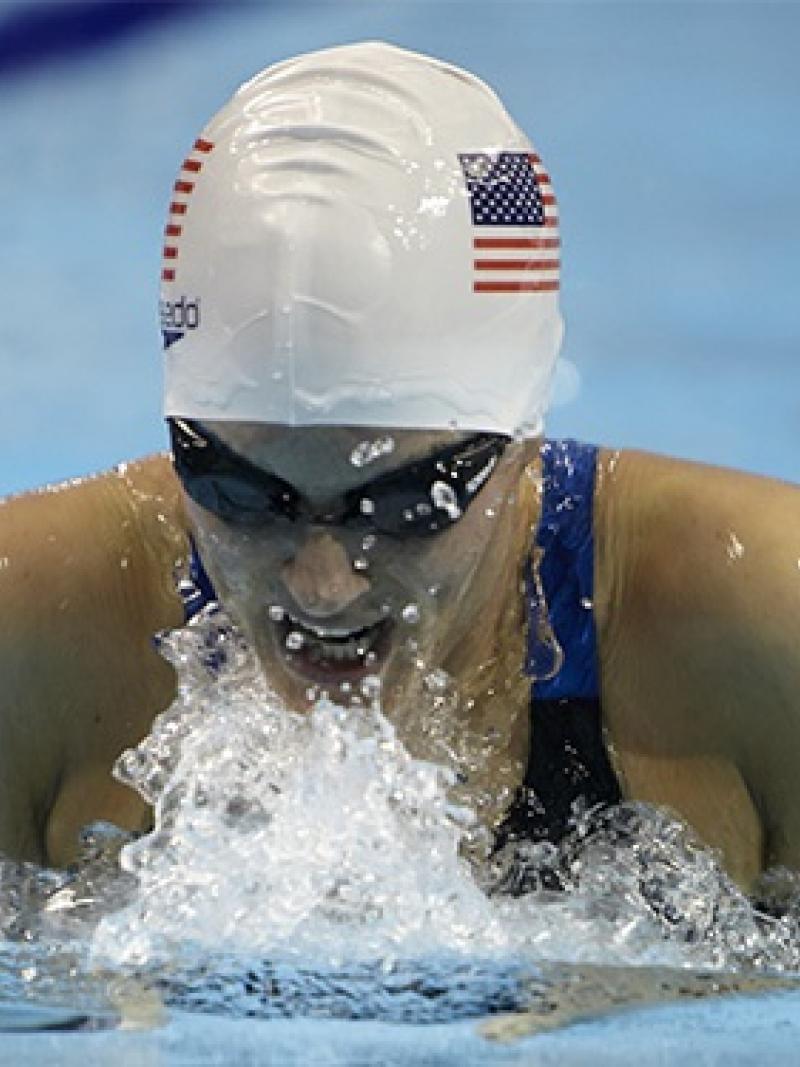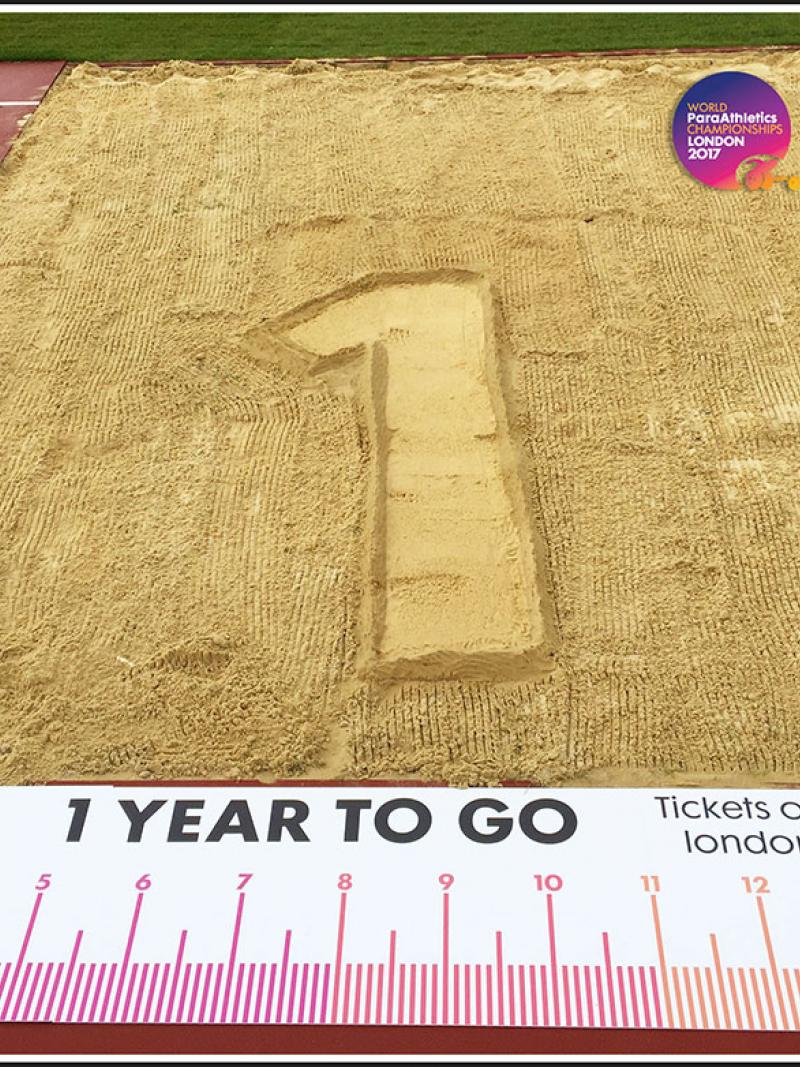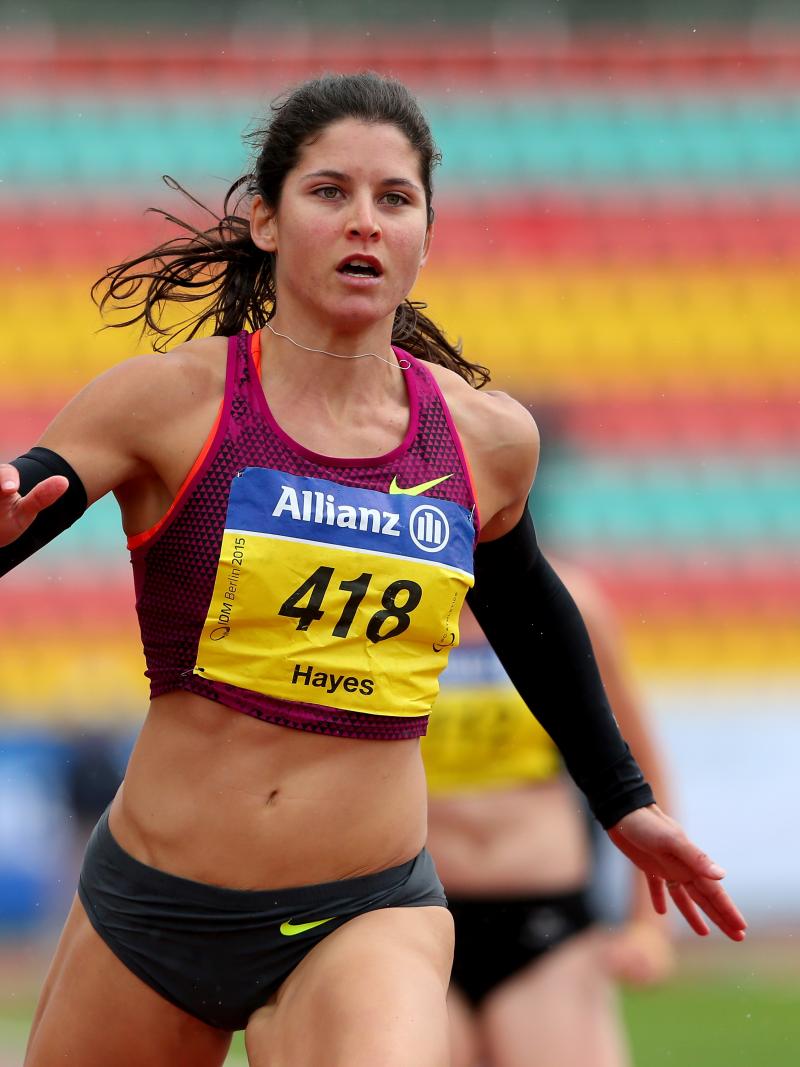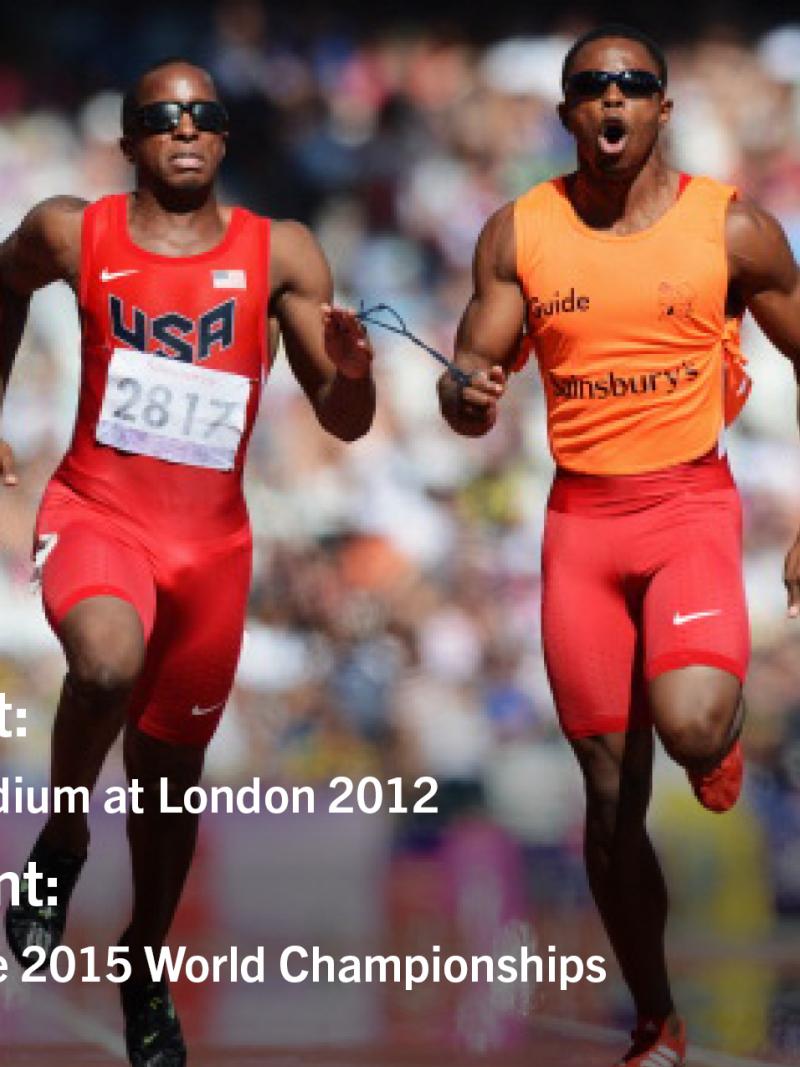Para athletics explained: how to organise a Grand Prix
Roger Getzmann, Competition Director of the Nottwil Grand Prix explains how to organise a major Para athletics event. 14 Jul 2016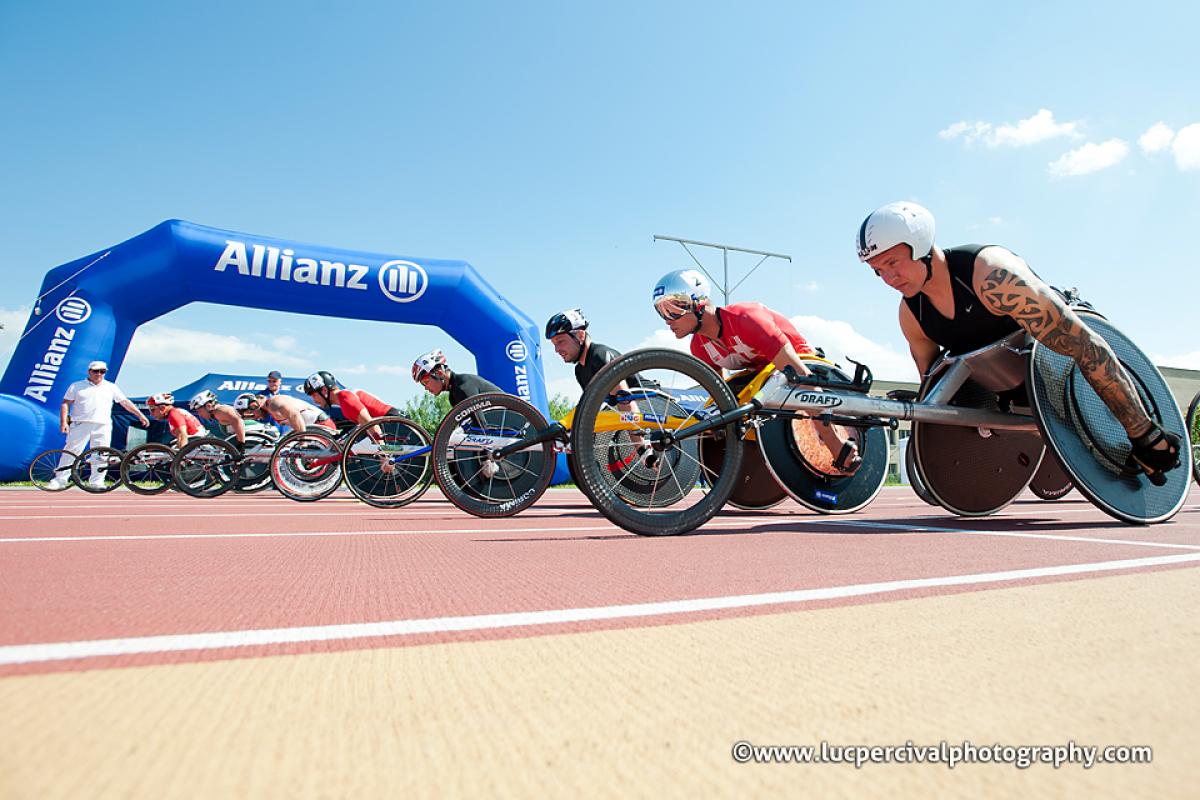
The IPC Athletics Grand Prix in Nottwil 2014 featured 350 athletes from 39 countries.
With the 2016 Grand Prix series coming to a close this month at London’s Grand Prix Final, July’s ‘Para athletics explained’ finds out what it takes to put on a major track and field competition.
Roger Getzmann is the Head of Competitive Sports for wheelchair sport in Switzerland, and the Competition Director at the renowned Nottwil Grand Prix, which took place in Switzerland in May.
Here he reveals what is involved in his role as Competition Director – a position he has held for the last 10 years.
What does the role involve?
For me the role starts with finding a Local Organising Committee (LOC). It’s my responsibility that these events take place, so I have to find an LOC that is ready to do it. When the LOC is in place I support them on the competition side – they bring elements such logistics, accommodation, transport, sponsorship and media and I will help answer their questions and support them. We now have a few LOCs who have done the job before so they know exactly what is required, so then the focus is on doing the job of Competition Director.
What are your key responsibilities?
My key responsibility is to make sure everything is in place for the competition, so if everything is well prepared then there shouldn’t be a lot of work. I need to make sure the logistics staff know what is needed and that everything is present and in the correct place. For example, the set-up of the call room or post event control; where the stations for the field events should be located; how many tents are needed and seats for athletes and officials; do we have enough shots and javelins – that sort of thing. There is also a lot of co-operation with the referees.
What qualities do you need to be a successful Competition Director?
You have to be organised and there has to be a lot of communication. You need to have good people skills – people have to like working for the competition. It has to be fun as well as good work – that is the secret. During the event communication is essential, because teams might have questions or complaints and it is important to be able to solve that.
What are the main challenges you face?
I think the main challenge now is the situation on-site – for example in Nottwil we have a challenge with the warm up area – finding the space. We have tried several things and still it’s not quite satisfactory. The space is not there. There is also a lot of construction currently going on so that changed things again this year.
How much planning goes in to running an event?
We usually start planning two years before because we have to find the LOC, and we want to be early with the dates just to make sure there is no clash with other international events. The main work then starts one year before the event – you have to fix arrangements with sponsors, then you have an idea of the budget so you can work out the number of stations and tents required. A month before the competition work gets busy again as the final entries come in. Start lists and the detailed schedule have to be made.
Do you travel to other events to observe how they work?
Yes – I am often at other events as a technical delegate or jury of appeal, but it certainly helps a lot to see what others do. It is good for us as we have picked up other ideas, and it good for them too because when I am there as a TD I have experience of organising events.
What have you brought in from other events that has been particularly successful?
One thing we have learned is that we have a paper for each field event, with the material and the name of the volunteers and the judges on it, so that the referee responsible for that competition easily knows if he has everything, and the technical staff know what they have to prepare, and volunteers know who they have to send information to.
Does it help to have a knowledge of the technical aspects of different events, and the athletes participating?
It does help – and the advantage I have here is that I am also involved in the formation of the judges, so I know every judge and in explaining them the rules, I can also explain how I would like it to be done. That helps a lot because then I don’t have to worry about it during the competition because I know that we have discussed how we will do it.
What major changes have you seen in recent years?
Competitions are getting bigger, more professional, with more media. That is a development that we see in international athletics everywhere.
If you could change one thing –and money was no object – what would you do?
I would build a warm up track! Then it would be perfect here. At other events that I see, I think most of the mistakes take place in the preparation – things are not prepared in time, people don’t start thinking early enough, or there are not enough people available.

 Facebook
Facebook
 Instagram
Instagram
 Twitter
Twitter
 Youtube
Youtube

